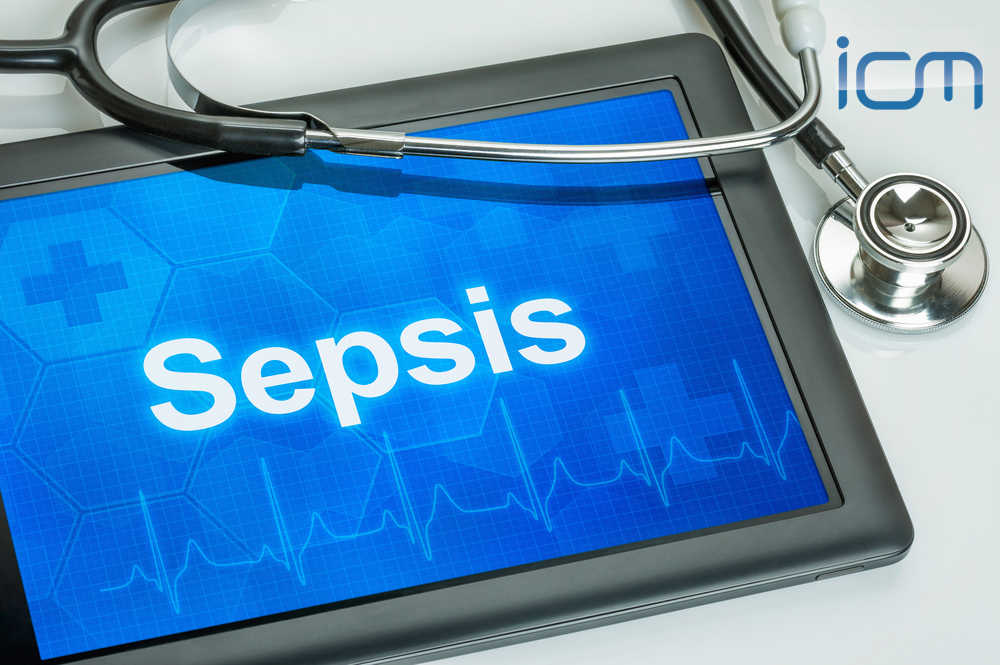Polymyxin B‑immobilised haemoperfusion for patients with sepsis/septic shock?

Polymyxin B‑immobilised haemoperfusion and mortality in critically ill adult patients with sepsis/septic shock
EJRC ARTICLE REVIEW
Sepsis and septic shock originate from a dysregulated immune response to pathogens and cause millions of deaths worldwide. Endotoxin, a principal component of the outer membrane of Gram-negative bacteria, is a potent trigger of the immune response and high endotoxin levels correlate with worse clinical outcomes. Circulating endotoxin can be removed by Polymyxin B-immobilised haemoperfusion (PMX-HP). PMX-HP has been widely used in clinical practice, however its benefit is uncertain.
According to Cochrane guidelines, Fujii et al. [1] conducted a systematic review and meta-analysis of randomised controlled trials (RCTs) to address the research question: “What is the efficacy, effectiveness and potential harm of PMX-HP compared with standard therapy for adult critically ill patients with sepsis or septic shock?”.
Method
Primary outcomes were 28-day mortality rate, organ dysfunction scores over 24–72 h after PMX-HP, and serious adverse events. Secondary outcomes included mean arterial pressure (MAP) and endotoxin level over 24–72 h after PMX-HP, vasopressor and renal replacement therapy requirements, ICU length of stay, mortality at any follow-up, 90-day mortality, and health care costs. A random-effects model was used in all analyses. Certainty of the body of evidence was assessed using the GRADE framework.
Outcomes
The meta-analysis included 6 RCTs over 1700 retrieved records, participants across trials ranged between 16 and 450 (weighted mean age was 62.5 [56.0–69.7] years, 61% were males). PMX-HP didn’t show significant impact on primary outcomes. Among secondary outcomes, PMX-HP improved MAP over 24–72 h afterwards. The certainty of evidence for the primary outcomes was downgraded by one level each for risk of bias and imprecision, and were all considered low. According to the Trial Sequential Analysis (TSA), the required diversity-adjusted information size to show a relative risk reduction of 20% with a control event rate of 35.0% (two-sided alfa of 0.05, power of 80%), was 2744, and to show 2-point reduction of organ dysfunction scores was 895.
Strengths & Limitations
These findings came from a rigorous and up-to-date peer-reviewed literature analysis which robustness was confirmed by several predefined sensitivity analyses. However, the pooled analysis on 797 patients of 28-day all-cause mortality and organ dysfunction scores over 24–72 h may lack sufficient statistical power to detect clinically meaningful effects of PMX-HP, as shown in the TSA. Also, the effect of PMX-HP could be heterogeneous and much smaller than expected, possibly due largely to PMX-HP being only an adjuvant therapy in the context of multiple interventions used to manage adult critically ill patients with sepsis or septic shock. Finally, the limited number of included studies did not allow to address the issue of heterogeneity in the case mix and treatment effect in response to PMX-HP.
Take Home Message
Future clinical trials should explore PMX-HP impact on specific patient populations with adequate sample size. Considering the low certainty of the body of evidence for both benefit and harm, there is no strong evidence to support the routine use of PMX-HP in adult critically ill patients with sepsis or septic shock.
Article review prepared and submitted by EJRC member Salvatore Lucio Cutuli, Department of Intensive Care and Anaesthesiology, Catholic University of the Sacred Heart, A. Gemelli Teaching Hospital, Rome, Italy
References
- Fujii T, Ganeko R, Kataoka Y, Featherstone R, Bagshaw SM, Furukawa TA. Polymyxin B-immobilised haemoperfusion and mortality in critically ill patients with sepsis/septic shock: a protocol for a systematic review and meta-analysis. BMJ Open. 2016 Nov 21;6(11): e012908. doi: 10.1136/bmjopen-2016-012908
- Fujii T, Ganeko R, Kataoka Y, Furukawa TA, Featherstone R, Doi K, Vincent JL, Pasero D, Robert R, Ronco C and Bagshaw SM. Polymyxin B‑immobilised haemoperfusion and mortality in critically ill adult patients with sepsis/septic shock: a systematic review with meta‑analysis and trial sequential analysis. Intensive Care Med. 44, pages167–178 (2018).